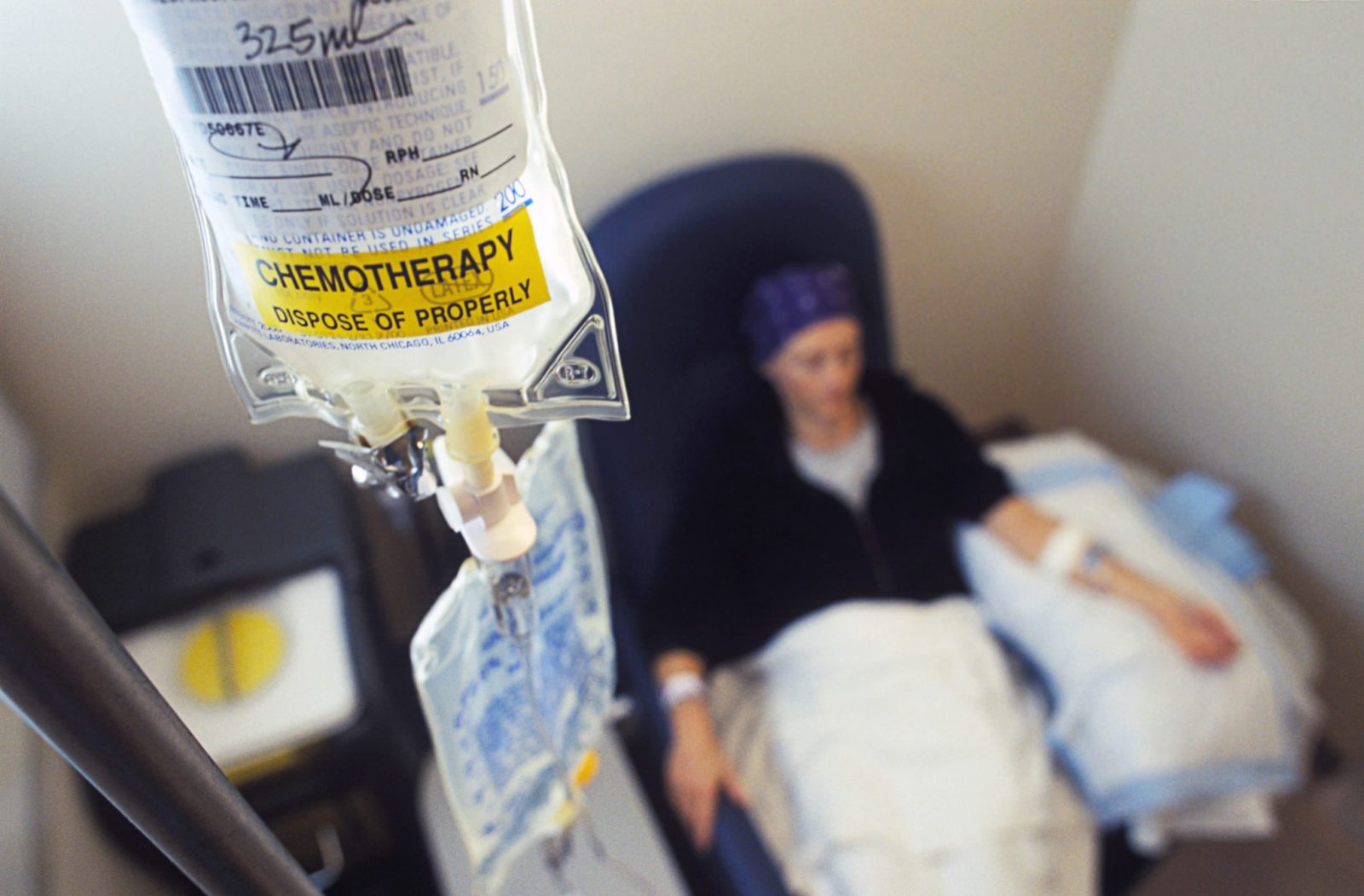Results for: clinical trials
Clinical trials of integrative medicine: testing whether magic works?
I just thought that I’d take the editor’s (and, speaking for Steve, the founder’s) prerogative to promote our own efforts. Regular readers of SBM are familiar with our message with respect to randomized clinical trials of highly implausible “complementary and alternative medicine” treatments, such as homeopathy or reiki. Well, believe it or not, Steve and I managed to get a commentary...

The Center for Inquiry weighs in on the FDA’s mishandling of Stanislaw Burzynski’s clinical trials
The Center for Inquiry points out how what Stanislaw Burzynski is doing corrupts the clinical trial process and harms patients.
The Science of Clinical Trials
Science-based medicine is partly an exercise in detailed navel gazing – we are examining the use of science in the practice of medicine. As we use scientific evidence to determine which treatments work, we also have to examine the relationship between science and practice, and the strengths and weaknesses of the current methods for funding, conducting, reviewing, publishing, and implementing scientific research...
Do clinical trials work? It depends on what you mean by “work”
Introduction (Skip to the next section if you want to miss the self-referential blather about TAM.) As I write this, I’m winging my way home from TAM, crammed uncomfortably—very uncomfortably—in a window seat in steerage—I mean, coach). I had been thinking of just rerunning a post and having done with it, sleeping the flight away, to arrive tanned, rested, and ready to...
It’s time for true transparency of clinical trials data
What makes a health professional science-based? We advocate for evaluations of treatments, and treatment decisions, based on the best research methods. We compile evidence based on fair trials that minimize the risks of bias. And, importantly, we consider this evidence in the context of the plausibility of the treatment. The fact is, it’s actually not that hard to get a positive result...
Why Do We Really Need Clinical Trials?
A point I make over and over again when talking about new or alternative therapies that are not supported by good clinical trial evidence is that lower-level evidence, such as theoretical justifications, anecdotes, and pre-clinical research like in vitro studies and animal model testing, can only be suggestive, never reliable proof of safety or efficacy. It is necessary to begin evaluating a...
The wrong way to “open up” clinical trials
Science-based medicine rests on twin pillars that are utterly essential to the development of treatments that are safe and efficacious. Both of these pillars depend on science, but in different ways. The first of these is, of course, the basic science that provides the hypotheses to test about the mechanisms behind the diseases and malfunctions that plague the human body. This basic...
Clinical equipoise versus scientific rigor in cancer clinical trials
A critical aspect of both evidence-based medicine (EBM) and science-based medicine (SBM) is the randomized clinical trial. Ideally, particularly for conditions with a large subjective component in symptomatology, the trial should be randomized, double-blind, and placebo-controlled. As Kimball Atwood pointed out just last week, in EBM, scientific prior probability tends to be discounted while in SBM it is not, particularly for therapies...
On the dangers of using valid placebo controls in clinical trials of acupuncture
I don’t recall if I’ve ever mentioned this before on this blog, but there was a time when I was less skeptical of acupuncture than I am now. It’s true. Don’t get me wrong, though. I never for a minute considered that the whole rigamarole about “unblocking” or “redirecting” the flow of that mystical life force known as qi had anything to...
Threats to science-based medicine: When clinical trials for new drugs are designed by the marketing division
When the marketing division designs clinical trials, scientific medicine loses.

